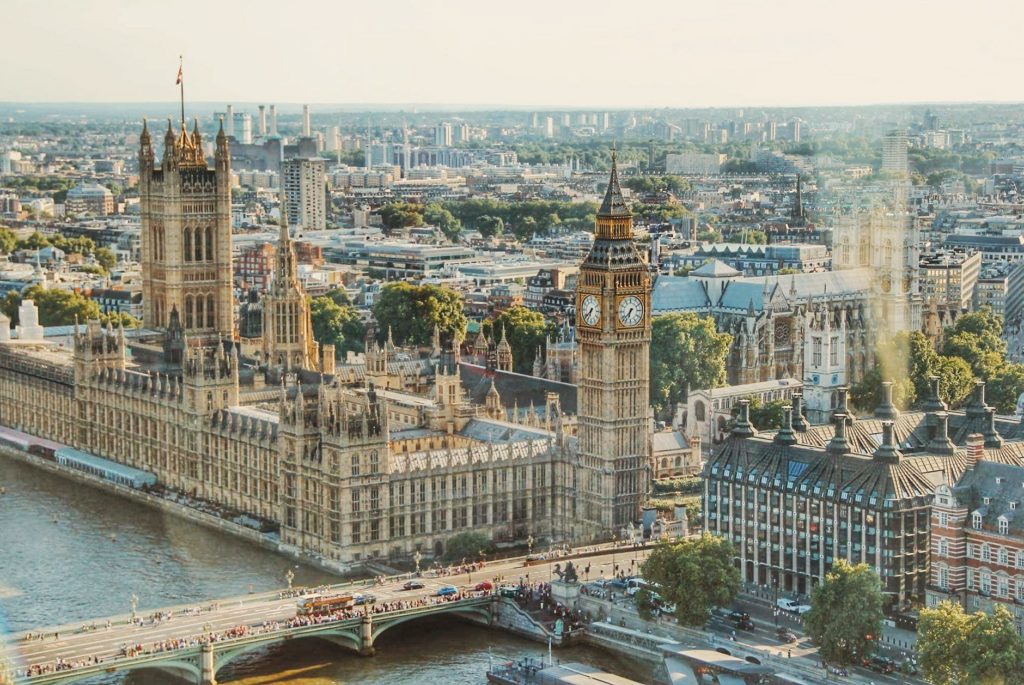
By Professor John Bryson
Department of Strategy and International Business, University of Birmingham
It is worth noting that we are living through an exceptional period in which a virus is responsible for an economic downturn. There are many aspects to this downturn that need to be considered.
I am currently on holiday, during this break, I have been reflecting on COVID-19 and the difference between ‘universal’ versus ‘particular’ experiences. This is perhaps a very academic distinction, but central to this is an appreciation of the inequality of human lives and experiences.
Yesterday, it was identified that the UK economy experienced its largest downturn between April and June 2020 as the economy contracted by 20.4% compared to the first three months of this year. This downturn has pushed the UK into its first recession since 2009 with a recession being defined as two consecutive quarters of economic decline. This is hardly surprising news as this contraction is directly linked to COVID-19 and the lockdown that was imposed in the UK on the evening of the 23 March, but also the earlier impacts of COVID-19 that had begun to emerge in February. During lockdown, household consumption shifted towards online expenditure and a reduction in expenditure related to face-to-face service encounters.
‘Universal’ versus ‘Particular’ experiences of COVID-19
It is worth noting that we are living through an exceptional period in which a virus is responsible for an economic downturn. There are many aspects to this downturn that need to be considered.
The first point to make is that the easing of the lockdown has been associated with a corresponding economic rebound as households began to consume once again. Thus, the UK economy grew by 1.8% in May and by 8.7% in June. The economy will continue to recover, but expenditure patterns are altering as more people holiday in the UK and some expenditure has shifted towards COVID-19 related consumption including the purchase of face masks.
Second, it is worth applying a ‘universal’ versus ‘particular’ analytical framework to understanding COVID-19 and the UK 2020 recession. On the one hand, all people living in the UK have been impacted by COVID-19 – thus, one can argue that this has been and continues to be a ‘universal’ experience. All of us have had to adjust to living with COVID-19.
On the other hand, the impacts have been experienced in different ways, or in ‘particular’ ways. Thus, some people are more exposed to COVID-19 impacts and these tend to be the more vulnerable in our society. By vulnerable, we need to include all those who are employed in activities that are based around face-to-face service encounters. Many of these are essential activities and those involved should be defined as keyworkers. It is perhaps surprising that keyworkers should now be defined as including all those involved in the production and distribution of food, the removal and processing of waste and supermarket shelf stackers along with doctors, nurses, A&E administrators, and hospital porters.
Some of these essential roles can be termed as ‘shadow’ public service activities that are critically important for everyday living however, involve relatively low paid employment as well as being largely invisible in media accounts. For journalists and politicians our key workers tend to be employed by the NHS or are teachers, but there are these other forgotten key workers that must not be overlooked.
What is the future for the UK economy?
My own view of the impacts of COVID-19 are that an economic downturn was going to happen sometime soon. COVID-19 has meant that we have experienced this earlier and the impacts have been deeper, but also that they have been very focused over a critical number of weeks from 23 March. Nevertheless, the medium-term outlook will be volatile as the UK economy adjusts to the new normal or the post-COVID-19 economy.
My own forecast is that there will be a period of significant economic growth from 2023. There is a caveat to this in that there might be another pandemic. For the UK, the key learning point from COVID-19 is that the UK economy needs to learn how to cope with pandemics. This coping involves both avoiding them, but also developing effective coping strategies.
There is one final point. Journalists love to engage in comparative analysis. Thus, the media will be packed with ‘doom and gloom’ based commentaries highlighting that the UK has performed much worse than other nations – on all counts. These are accounts that highlight that ‘the grass is always greener’ elsewhere. Any comparative analysis must consider micro- and macro-economic differences between national economies. Thus, the German or French economies are radically different to that of the UK. This highlights the importance of differentiating between ‘universal’ versus ‘particular’ experiences.
The views and opinions expressed in this article are those of the author and do not necessarily reflect the official policy or position of the University of Birmingham.
